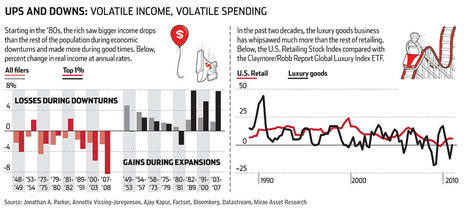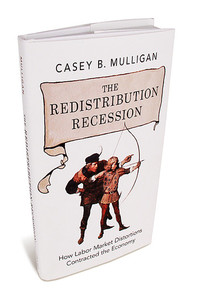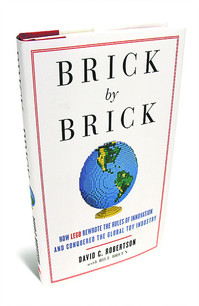Jim Collins makes wonderful use of the flywheel analogy in his Good to Great book. His point is that many achievements in business require long, gradual work to build to a major achievement that finally gets noticed by the business press and the general public. The business press often assumes that the success is overnight, when it is in fact long-building.
(p. C14) Flywheels – weighted wheels used for absorbing, storing and releasing energy – get used in everything from pottery wheels to car engines. Lately, they have showed up in corporate spin.
“Our more than 19,000 store global footprint, our fast-growing CPG presence and our best-in-class digital, card, loyalty and mobile capabilities are creating a ‘flywheel’ effect elevating the relevancy of all things Starbucks, and driving profitability,” CEO Howard Schultz said in a statement accompanying quarterly earnings last month.
“So we have the flywheel spinning in the right direction because it is spinning one way and letting us generate these margins, contribution margins,” said Overstock.com CEO Patrick Byrne last month. “And so now we can give some of that back and that makes it easier to get it spinning faster.”
“We are at the one-mile market (sic) in a marathon,” commented Symantec CEO Steve Bennett in an earnings call with analysts last week, “and the flywheel is just starting to spin.”
For the full story, see:
JUSTIN LAHART. “Overheard.” The Wall Street Journal (Weds., Aug 6, 2013): C14.
(Note: the online version of the story has the date Aug 6, 2013, and had the title “Ride a Painted Pony, Let the Spinning Wheel Fly.” The print version did not identify an author. The versions were slightly different in two or three places–when different, the version quoted above follows the print version.)
The Collins book, mentioned above, is:
Collins, Jim. Good to Great: Why Some Companies Make the Leap… And Others Don’t. New York: HarperCollins Publishers, Inc., 2001.








